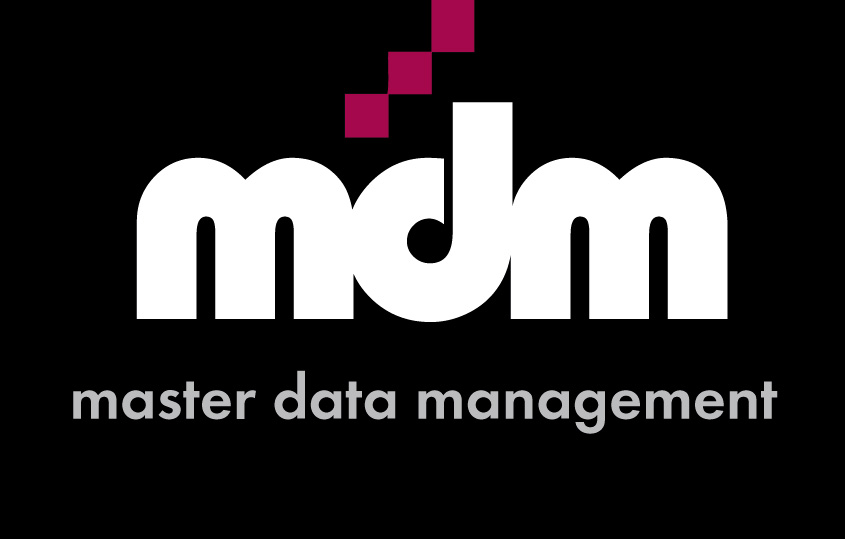A few weeks back I received a call from a head-hunter who asked me what skills are necessary for BI professionals. Based on discussions with other companies she had shortlisted a bunch of technical skills, such as data modelling and SQL coding, as prerequisites.
Technical skills should not be the focus
My immediate reaction was that these technical skills should not be the focus.
The best data people have a good understanding of the relevance of particular data in the business context. This ability to identify and communicate critical data issues (out of the myriad of minor problems) comes from business experience and, unlike basic technical skills such as SQL and data modelling, is very difficult to teach.
Internationally, this view is driving the development strategy of our technology partners, who continuously focus on delivering data management capabilities that support business users – reducing the need for hardcore technical developers to deliver capabilities ranging from quality data to detailed data lineage.
Parallels to the CIO
What was most interesting to me was the parallel between this finding, and that of an Ernst & Young publication, The DNA of the CIO.

This report summarised their research into what makes the CIO tick.
The crux of the matter – for CIOs to be recognised as equivalent to other C-level executives they need to move away from technology focussed skills and enhance soft skills such as building and maintaining both internal and external relationships.
The CDO must learn soft skills
The Chief Data Officer, and other data management professionals, can learn a lot from this research.
Soft skills such as appropriate communication, building appropriate networks, and lobbying for budgets are far more critical than technical skills. If the data management team cannot sell business leaders on why their work is valuable then it doesn’t really make any difference what skills they have.
The E&Y report also highlights that more forward-thinking CIOs are frequently hampered by outdated perceptions that the rest of the board has about the role of IT.
Opportunity to define the role of the CDO
At the time this was written, the DNA of the Chief Data Officer was yet to be defined.
We proposed that by focussing on soft skills from day one the Chief Data Officer has the opportunity to ensure that they are seen as a valuable, strategic player on the board. It is their ability to do this that will affect the viability of data management as a business function for years to come.
Subsequently, E&Y have identified a new opportunity for the Chief Data Officer – one of coordinating the convergence of data privacy, data security and data governance to deliver trust in data, not just for internal stakeholders but increasingly for customers and other third parties.
Historically, the CISO was responsible for data security, Legal Council dealt with the ramifications of data privacy, and only data governance fell to the CDO. Yet, without coordination of these three, digital initiatives fail.
In our DNB case study, we explore how the CDO’s approach to governance and data quality was the centre point of their digital strategy, ensuring that customers did not get lost in digital silos.
It is the soft skills, rather than purely technical skills, that are key to effective data management

Leave a comment